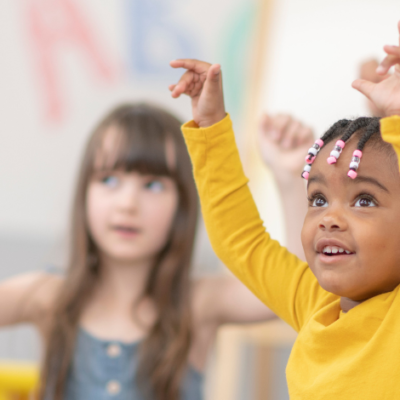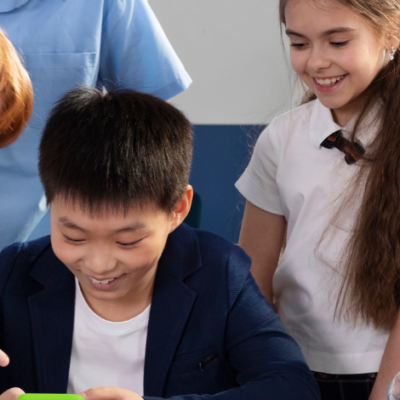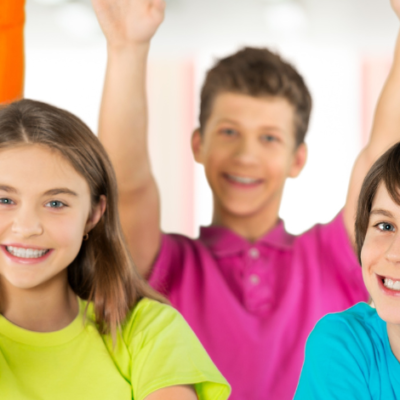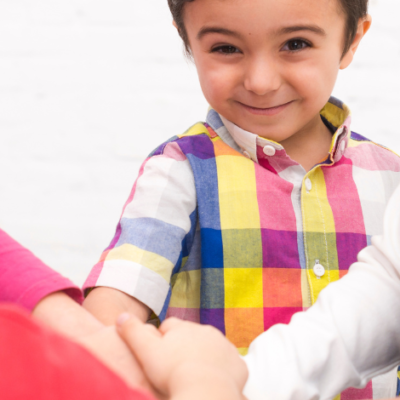Physical education goes beyond the mere act of exercising and encompasses a wide range of activities that promote physical fitness, mental well-being, and social skills. In this blog post, we will explore the impact of physical education on student development, highlighting the importance of this subject in schools. Additionally, we will focus on Manthena American School, an institution that excels in promoting physical education and overall student growth.
Importance of Physical Education:
Physical education provides students with opportunities to engage in various physical activities, such as team sports, individual exercises, and outdoor adventures. These activities not only help in improving physical fitness but also contribute to mental and emotional well-being. By participating in physical education classes, students develop skills like teamwork, discipline, perseverance, and goal setting.
Physical Education and Academic Performance:
Engagement in physical education has been linked to improved academic performance. Research suggests that regular physical activity enhances cognitive function, attention span, and memory retention, which in turn positively impacts students’ ability to focus and learn. Physical education classes provide a break from traditional classroom settings, allowing students to recharge their minds and return to academic tasks with increased productivity.
Health Benefits of Physical Education:
The health benefits of physical education are far-reaching. Regular physical activity helps students maintain a healthy weight, reduces the risk of chronic diseases, and improves cardiovascular health. It also promotes stronger bones and muscles, boosts immune function, and enhances overall physical well-being. By incorporating physical education into their daily routines, students develop healthy habits that can extend into adulthood, leading to a better quality of life.
Social and Emotional Development:
Physical education provides an ideal platform for students to develop social and emotional skills. Through team sports and group activities, students learn the importance of cooperation, communication, and sportsmanship. They also gain valuable experience in problem-solving, conflict resolution, and leadership. Furthermore, physical education classes foster a sense of belonging, self-confidence, and self-esteem, which are essential for healthy social interactions and emotional well-being.
Promoting a Lifelong Active Lifestyle:
One of the primary objectives of physical education is to instill a love for physical activity and encourage students to lead an active lifestyle beyond their school years. By exposing students to a variety of sports, fitness routines, and recreational activities, physical education empowers them to make informed choices about their health and well-being. The knowledge and skills acquired during physical education classes serve as a foundation for a lifelong commitment to staying active and fit.
This section focuses on how physical education encourages students to lead an active lifestyle and develop habits that support their overall well-being.
Cultivating a Love for Physical Activity By exposing students to a variety of sports, fitness routines, and recreational activities, physical education empowers them to make informed choices about their health and well-being. The knowledge and skills acquired during physical education classes serve as a foundation for a lifelong commitment to staying active and fit.
Developing Healthy Habits Physical education instills healthy habits such as regular exercise, proper nutrition, and maintaining overall wellness. These habits form the basis of a healthy lifestyle and reduce the risk of sedentary behaviors, obesity, and associated health problems.
Integration of Physical Education into Daily Life Physical education encourages students to incorporate physical activity into their daily routines beyond school hours. It promotes activities such as walking, cycling, and participating in recreational sports, ensuring that students remain physically active even outside formal physical education classes.
Manthena American School and its Physical Education:
Manthena American School is a distinguished institution known for its emphasis on physical education and student development. The school understands the vital role of physical activity in nurturing well-rounded individuals. At Manthena American School, physical education is integrated into the curriculum and is given equal importance alongside academic subjects. The school boasts state-of-the-art sports facilities, highly qualified physical education instructors, and a wide range of sports and fitness programs. Students at Manthena American School are encouraged to participate in various sports competitions and events, enabling them to showcase their skills, enhance their confidence, and foster a competitive spirit.
Range of Sports and Fitness Programs Manthena American School offers a wide range of sports and fitness programs, providing students with opportunities to explore different activities based on their interests and abilities. By exposing students to diverse sports and physical activities, the school caters to individual preferences and encourages participation.
Sports Competitions and Events The school actively encourages students to participate in various sports competitions and events, allowing them to showcase their skills, enhance their confidence, and foster a competitive spirit. By engaging in such activities, students learn the value of teamwork, sportsmanship, and perseverance.
Physical Education on Student Development
Physical Activities for Comprehensive Development Physical education offers students opportunities to engage in various activities, including team sports, individual exercises, and outdoor adventures. These activities not only improve physical fitness but also contribute to mental and emotional well-being. Students develop skills like teamwork, discipline, perseverance, and goal setting.
Link between Physical Education and Academic Performance Research suggests that regular physical activity enhances cognitive function, attention span, and memory retention, positively impacting students’ ability to focus and learn. Physical education classes provide a break from traditional classroom settings, allowing students to recharge their minds and return to academic tasks with increased productivity.
Conclusion:
Physical education is an indispensable component of student development, contributing to physical fitness, mental well-being, and social skills. It enhances academic performance, fosters a lifelong commitment to physical activity, and nurtures well-rounded individuals. Manthena American School serves as a prime example of an institution that prioritizes physical education and provides students with comprehensive programs for their holistic growth. By emphasizing physical education, schools can empower students to reach their full potential, leading healthy, fulfilling lives.











